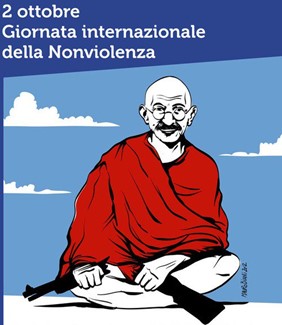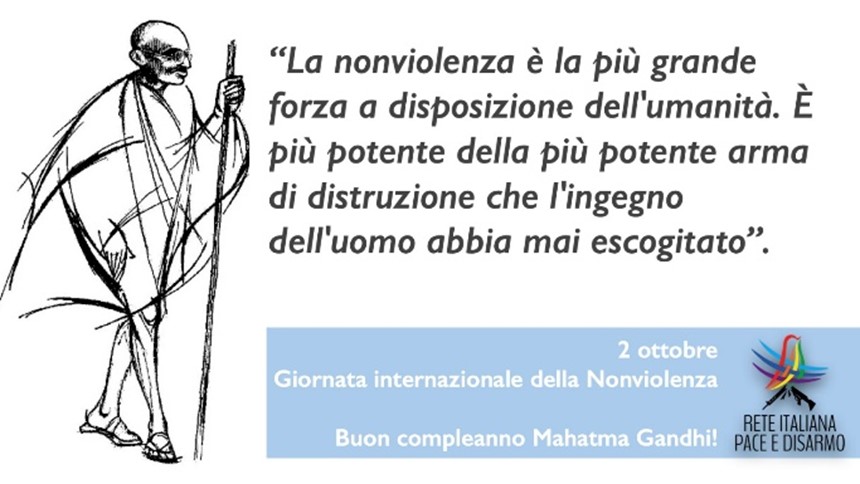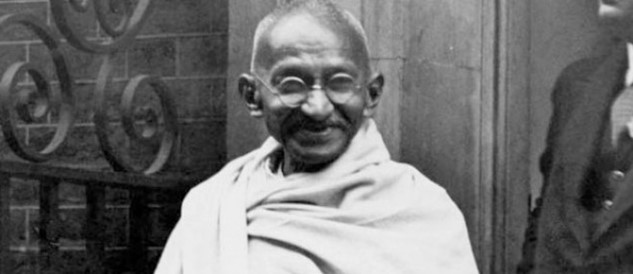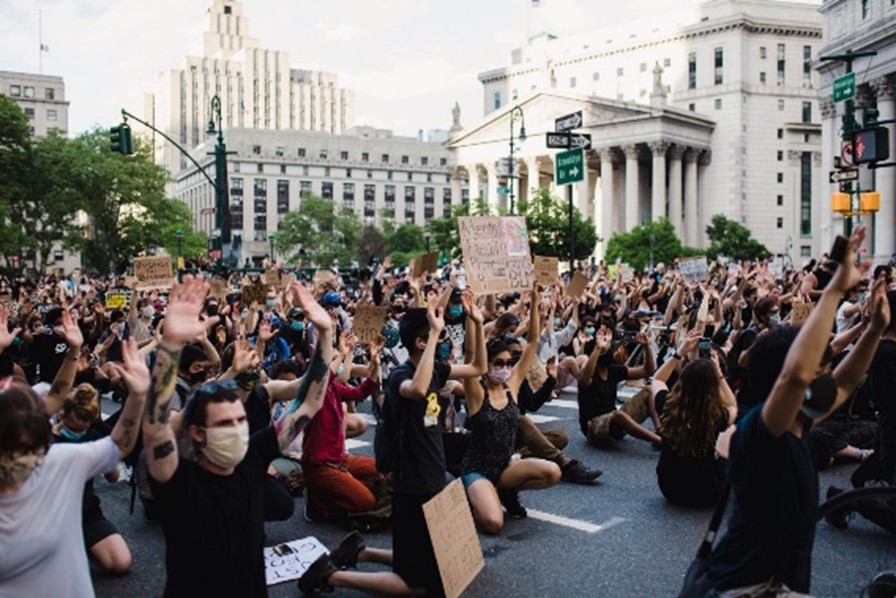
World Day of Nonviolence
A culture of peace, tolerance and understanding is possible when we are ready to practise the non-violence agenda
Non-violent resistance is a philosophical and political doctrine referred to not only by movements opposing war, but also by groups aiming for social change more generally. A fundamental tenet of the theory of non-violence is that the power of the authorities depends on the consent of the population: non-violence therefore aims to undermine this power through the rejection of consent and collaboration. (Source onuitalia.it)
The theory behind Gandhi’s non-violent actions was originally generated by the concept of civil disobedience, specifically to the laws of the then British Empire. According to the principle that ‘just means lead to just ends’, the use of violence in the fight against colonialism appeared to Gandhi to be completely senseless if the goal was the realisation of a peaceful society. These ideas, as simple as they were revolutionary, secured India’s independence, confirming the Mahatma’s convictions.
Gandhi’s entire life belies the Machiavellian principle that ‘the end justifies the means’ and confirms, instead, the focus on methods and processes that we in the Good Shepherd favour in fulfilling our mission: Justice is a virtue of processes and not products.

(Non-violence is the greatest force available to humanity. It is more powerful than the most powerful weapon of destruction that human ingenuity has ever devised)
Gandhi was very humble and strict with himself: ‘There is no Gandhism. I have not originated any new doctrine. Truth and non-violence are as old as the hills. Those who believe these truths can only spread them by living them…. I do not ask anyone to follow me. Each person must follow his inner voice. The only thing I ask of my friends is to implement the programme of nonviolence in their lives’ (Source: serenoregis.org).

Photo: www.giornatamondiale.it
WHAT PROGRAMME OF NON-VIOLENCE?
Let us start with these fundamental principles:
– According to Gandhi, nonviolence, ahimsa, is not simply the absence of physical violence, but also the elimination of all forms of mental, verbal and emotional violence.
– Gandhi demonstrated that peaceful resistance can be a powerful tool to challenge oppression and injustice; he mobilised the masses and drew international attention to India’s struggle for independence.
– Inner strength is essential to practise nonviolence. The ability to control one’s emotions, to remain calm in the face of injustice and to have compassion for others are all attributes of a person who embraces nonviolence as a way of life.
– Dialogue and negotiation in conflict resolution to find solutions that are acceptable to both parties can lead to lasting peace and meaningful progress.




